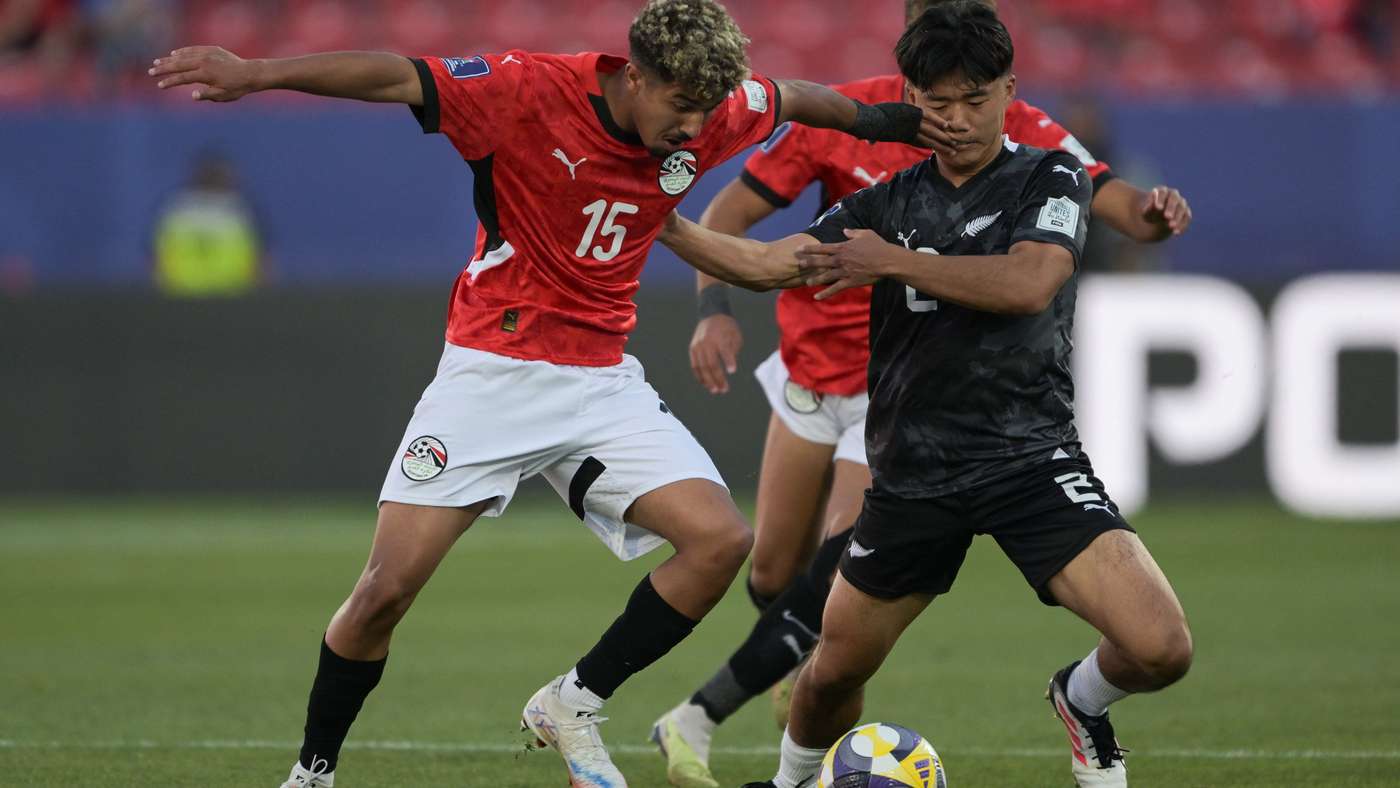FIFA Declares World Cup 2026 Host Cities: The Game Is Bigger Than Politics
1 October 2025

FIFA’s stance on hosting decisions
Victor Montagliani, FIFA vice president, said that FIFA—not any government—will ultimately decide which cities will host the 2026 World Cup. The decision rests with FIFA, not politicians, he stressed at a business conference in London.
Last week, U.S. President Donald Trump suggested he might designate certain host cities as unsafe for the tournament, revising the hosting plan FIFA approved in 2022, which centers on NFL stadiums near New York, Los Angeles, and San Francisco.
The 11 U.S. host cities, plus three Mexican cities and two Canadian cities, are under contract with FIFA, creating potential logistical and legal hurdles to change arrangements in the eight months before kickoff on June 11.
During a London business conference, Montagliani reaffirmed FIFA’s primacy: “This is a FIFA event, and the FIFA decision stands.”
He added that this sport transcends politics and leaders; football is bigger than any individual or nation, and that is the beauty of our game.
The remarks followed Trump’s comments about host cities that oppose his stance on immigration and crime.
In the Oval Office, Trump warned that if a city were deemed unsafe, we would move the matches elsewhere, hoping that won’t be necessary.
The World Cup and the Olympics depend on host governments’ commitments on security, visas, and law enforcement at multiple levels.
Infantino, who visits the White House regularly, has not publicly commented on the risk level of San Francisco and Seattle as World Cup venues yet, while BeIN Sports highlighted Trump’s concerns about those two cities.
Trump said they are being secured, especially because they are run by “radical leftists” who don’t know what they’re doing, a claim that drew quick pushback from critics and football fans alike.
Seattle was slated to host four groups, including the United States’ group matches, while San Francisco was to host five groups and the knockout rounds, under the current plans.
“If we detect any danger to a city’s World Cup matches, we will move them to a nearby site,” Trump added, “but I hope that won’t happen.”
Eight years after the 2022 edition was moved to winter, the 2026 tournament is set for June and July, with cities like Dallas, Houston, and Kansas City facing high heat—potentially above 35°C, and possibly reaching 40°C on peak days.
FIFA has promised water breaks, adjusted kick-off times, and enhanced medical staffing to combat heat; nonetheless, players’ conditioning and fans’ heat-related health remain major concerns.
Ticketing issues
Ticket prices have sparked anger and accusations of inequity, particularly for travelers from abroad who face steep travel and lodging costs, stirring fears of scalping and cyberattacks on the online system.
Even non-holiday dates and late-afternoon kickoffs may dampen attendance, with some stadiums reporting sparse crowds during the last edition’s club world cup timing. The 2026 World Cup remains a test of logistics, economics, and public health under a global spotlight.
Humor break: If politics can’t agree, maybe the ball can settle it with a penalty shootout—finally, a fair verdict everyone can miss after extra time.



